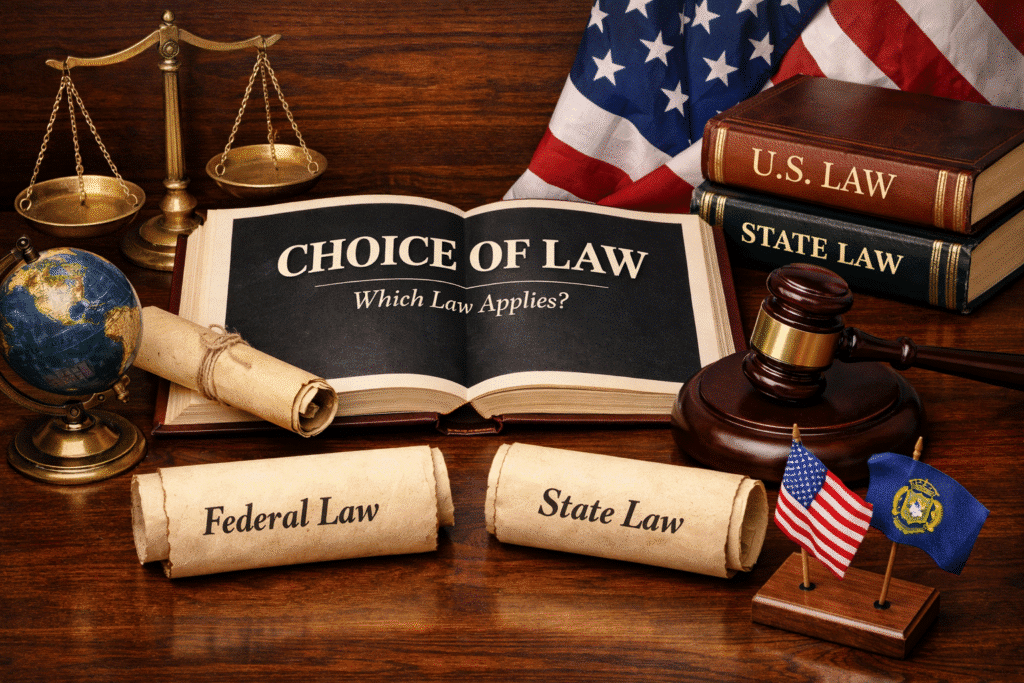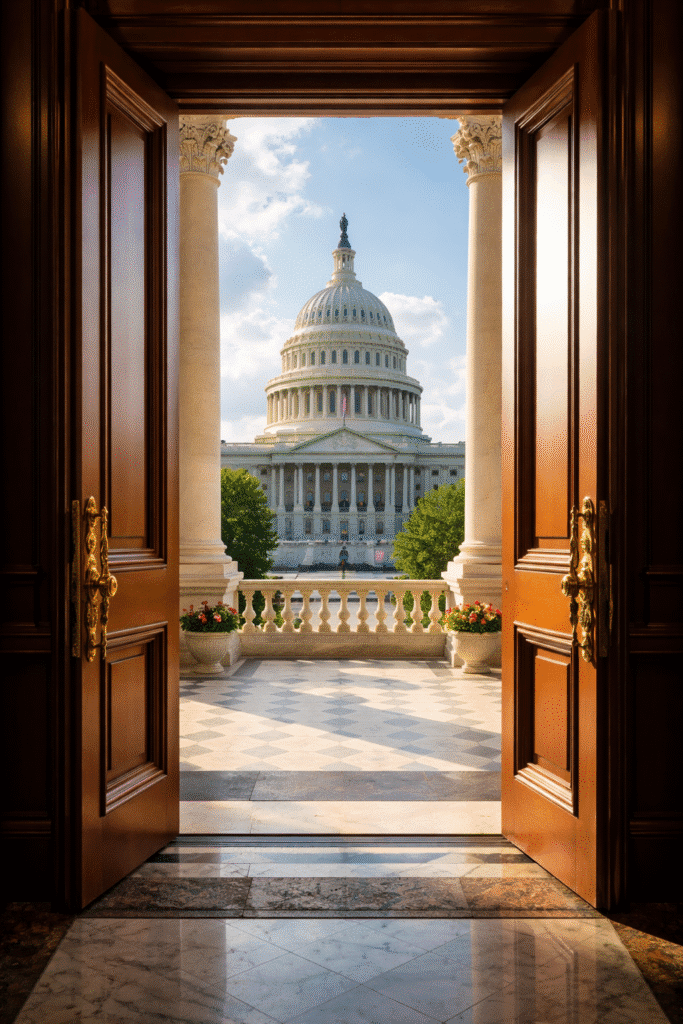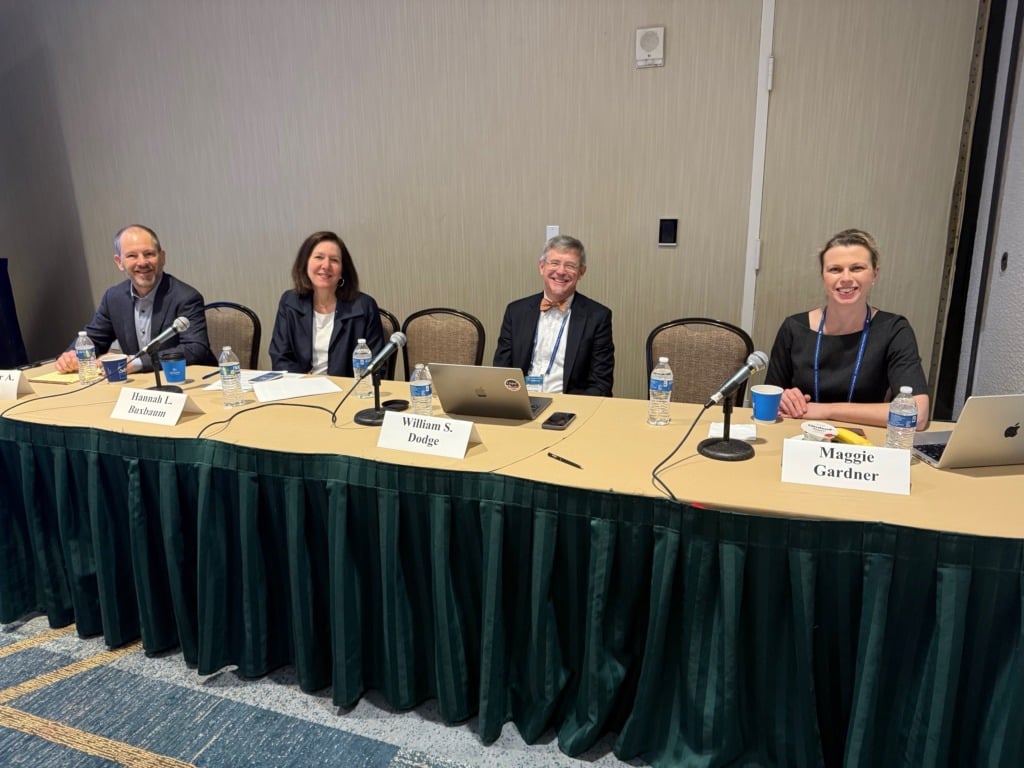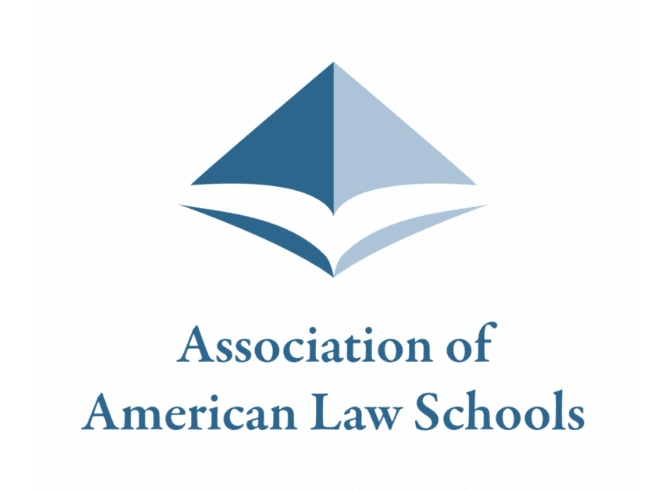District Court Orders Section 1782 Discovery for Peru Bribery Cases
28 U.S.C. § 1782 authorizes federal courts to order discovery for use in foreign or international tribunals. A recent decision in the Southern District of New York (SDNY), In re Brookfield Infrastructure Partners L.P., shows how § 1782 works, while raising interesting questions about discovery from banks and law firms. Highway Bribery In 2012, Metropolitan…
Continue ReadingChoice of Law in the American Courts in 2025
The thirty-ninth annual survey on choice of law in the American courts is now available on SSRN. The survey covers significant cases decided in 2025 on choice of law, party autonomy, extraterritoriality, international human rights, foreign sovereign immunity, adjudicative jurisdiction, and the recognition and enforcement of foreign judgments. This annual survey was admirably maintained by Symeon Symeonides for…
Continue ReadingLegislative Control of Personal Jurisdiction—An Opening Door
As every first-year law student learns in Civil Procedure, the Supreme Court constitutionalized the law of personal jurisdiction in Pennoyer v. Neff (1878), holding that the Due Process Clause of the Fourteenth Amendment limits the jurisdiction that state courts may exercise. Legislatures still have roles to play. States enact long-arm statutes to reach non-resident defendants,…
Continue ReadingExtraterritoriality in Flux
Earlier this month, at the annual meeting of the Association of American Law Schools, TLB Editors Maggie Gardner, Bill Dodge, and Hannah Buxbaum participated in a panel organized by the Section on Conflicts of Law entitled “Extraterritoriality in Flux.” This post summarizes their remarks. Maggie Gardner: It’s Time to Look Beyond the Presumption Against Extraterritoriality…
Continue ReadingFifth Circuit Interprets Copyright Termination and Renewal Provisions to Apply Worldwide
In recent years, the U.S. Supreme Court has relied increasingly on the presumption against extraterritoriality to determine the geographic scope of federal statutes. This presumption seems particularly strong for intellectual property statutes. Most recently, the Court strictly applied the presumption against extraterritoriality to the Lanham Act (the federal trademark statute) in Abitron Austria GmbH v….
Continue ReadingChina’s Covid Countersuit
As the Covid pandemic raged in 2020, plaintiffs began filing suits in U.S. courts seeking damages from the People’s Republic of China and other Chinese defendants. In March 2025, a U.S. district court awarded the State of Missouri a default judgment for $24 billion against nine Chinese defendants. In November 2025, another district court awarded…
Continue ReadingSupreme Court Grants Cert in Cisco
On Friday, the Supreme Court granted cert in Cisco Systems, Inc. v. Doe I to address two questions: (1) whether claims for aiding and abetting human rights violations can be brought under the Alien Tort Statute (ATS); and (2) whether such claims can be brought under the Torture Victim Protection Act (TVPA). I have discussed…
Continue ReadingSecond Circuit Holds Hague Service Convention Prohibits Email Service on Chinese Defendants
On December 18, 2025, just as TLB was going on holiday break, the Second Circuit issued its decision in Smart Study Co. v. Shenzhenshixindajixieyouxiangongsi, holding that the Hague Service Convention prohibits email service on Chinese defendants. As friend-of-TLB Ted Folkman wrote shortly thereafter, “This is the one we’ve been waiting for.” The question of email…
Continue ReadingAALS Conflicts Section Panel: Extraterritoriality in Flux
Those readers attending the AALS Annual Meeting in New Orleans might be interested in attending the panel sponsored by the Conflicts Section on January 9 at 8:00-9:15. The topic is “Extraterritoriality in Flux” and here is the description: In determining the law applicable in a particular case, a critical step is often to determine the…
Continue ReadingHappy New Year!
TLB will be on break until January 6, 2026. We wish you all the best in the new year!
Continue Reading








